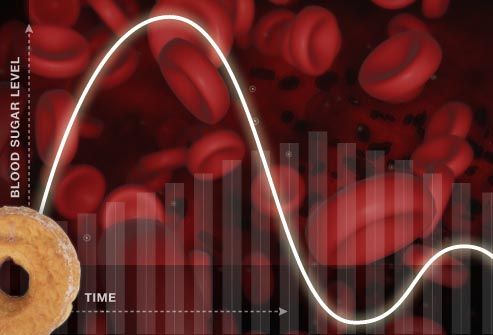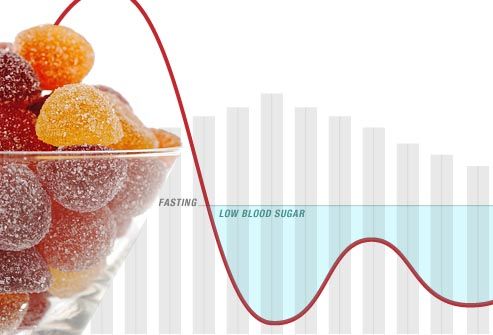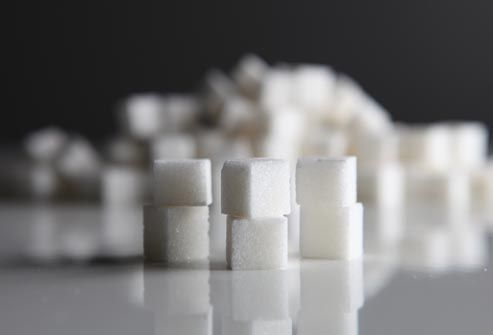New publications
The whole truth about sugar
Last reviewed: 01.07.2025

All iLive content is medically reviewed or fact checked to ensure as much factual accuracy as possible.
We have strict sourcing guidelines and only link to reputable media sites, academic research institutions and, whenever possible, medically peer reviewed studies. Note that the numbers in parentheses ([1], [2], etc.) are clickable links to these studies.
If you feel that any of our content is inaccurate, out-of-date, or otherwise questionable, please select it and press Ctrl + Enter.
Many people believe that the so-called "sugar addiction" is not a fiction and that it really exists. To what extent is this true?
Sugar Addiction: Fact or Fiction

It is difficult to answer this question unequivocally, because sugar affects the secretion of dopamine and serotonin, increasing well-being. There are people who cannot live a day without at least a piece of chocolate and candy. However, scientists cannot say with certainty that sugar is a drug.
The Effect of Sugar on the Brain
Sugar has a chemical effect on brain cells. If a person indulges in sweets too much, it can lead to changes in the functioning of brain receptors that regulate appetite. According to research by scientists, even when looking at pictures of sweets, a person begins to have activity in the brain that is very similar to that observed in people with any addiction.
Blood sugar level

Eating sweets causes fluctuations in blood sugar levels because simple carbohydrates are converted into glucose when they enter the bloodstream. Simple carbohydrates are found not only in candies and chocolates, but also in vegetables, fruits, and dairy products, where proteins and fiber help them to be properly absorbed.
Sugar and Mood

To move glucose into the blood, the pancreas produces the hormone insulin. After this, a person feels worse and has a new attack of hunger. This is due to the fact that the blood sugar level drops significantly.
Unexpected Sources of Sugar
Flour products, and surprisingly, French fries and chips, cause the same fluctuations in blood sugar levels as sweets. This is because the carbohydrates contained in these products, when they enter the body, are broken down into simple sugars.
How to Reduce Sugar Intake

It is best to reduce the amount of sugar you consume gradually, eliminating sweets from your diet and reducing the amount of sugar in your tea and coffee. Over time, you will get used to it and be able to give up sugar altogether.
Natural sweeteners
If you can't give up sweets completely, learn to get sugar from other sources. These are healthy berries and fruits, as well as yogurt and skim milk, which contain milk sugar - lactose.
Fiber and protein
Feeling hungry is a bad ally in the fight against cravings for sweets, so include more fiber and protein in your diet, which will help maintain a feeling of satiety for a long time.
Sweeteners
According to research by scientists, sugar substitutes are not only high in calories, which prevents weight loss, but also contribute to an even greater craving for sweets. Therefore, replacing sugar with its analogue, which is even more dangerous, makes no sense; it is better to gradually give it up completely.
Brown sugar and honey
Although these are natural foods that contain nutrients, they can also cause blood sugar levels to fluctuate. Like regular sugar, they contain a fair amount of calories.
Beware! Hidden Sugars
It's not just sweets that contain sugar. Products like sauce, ketchup, and salad dressings also contain sugar. And even bread can contain quite a lot of it.

 [
[